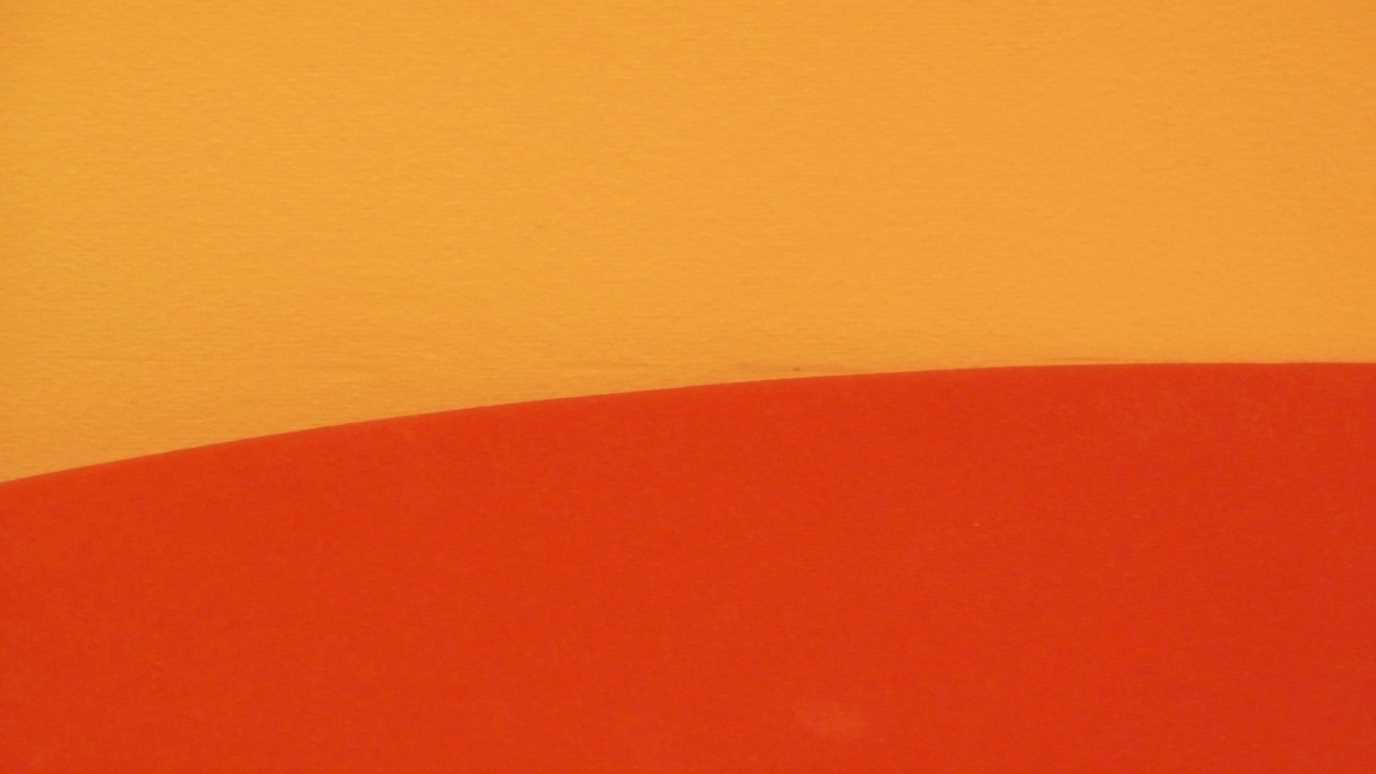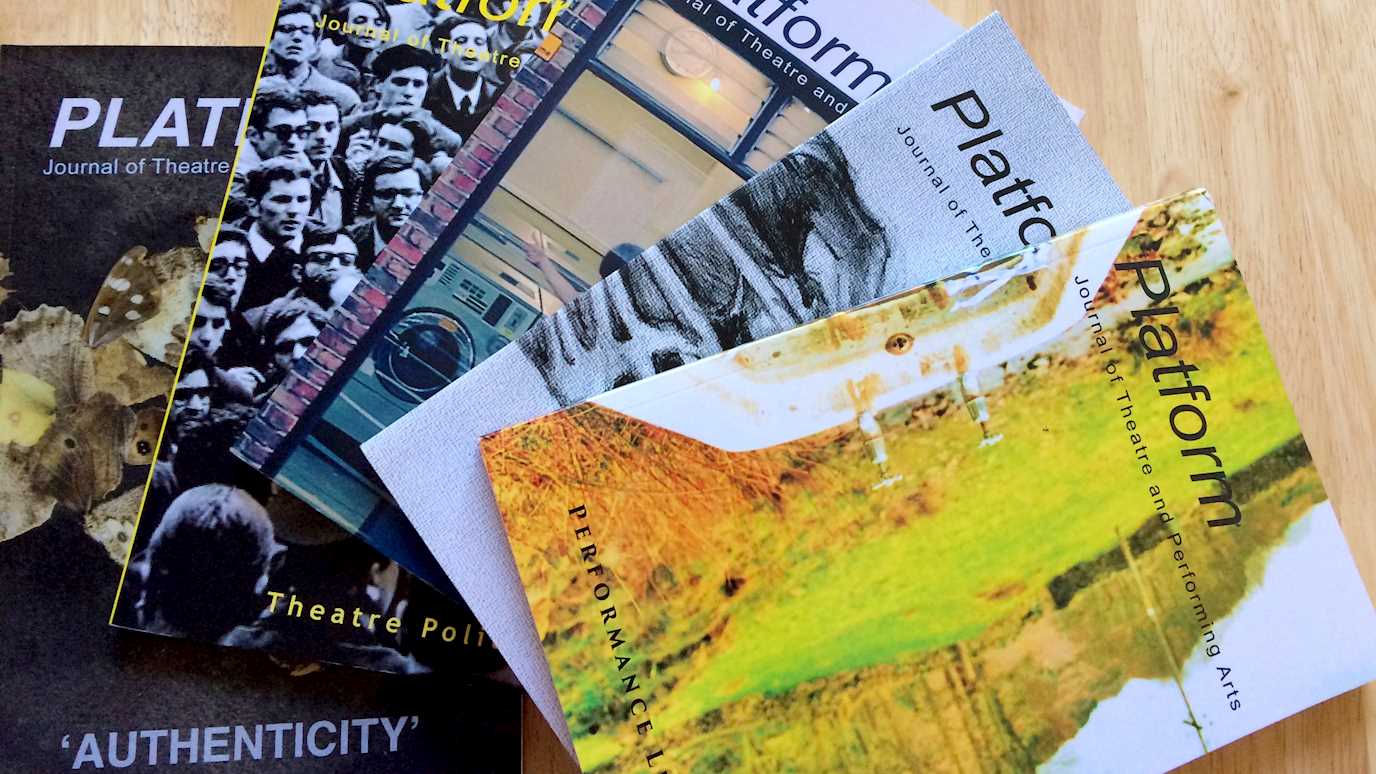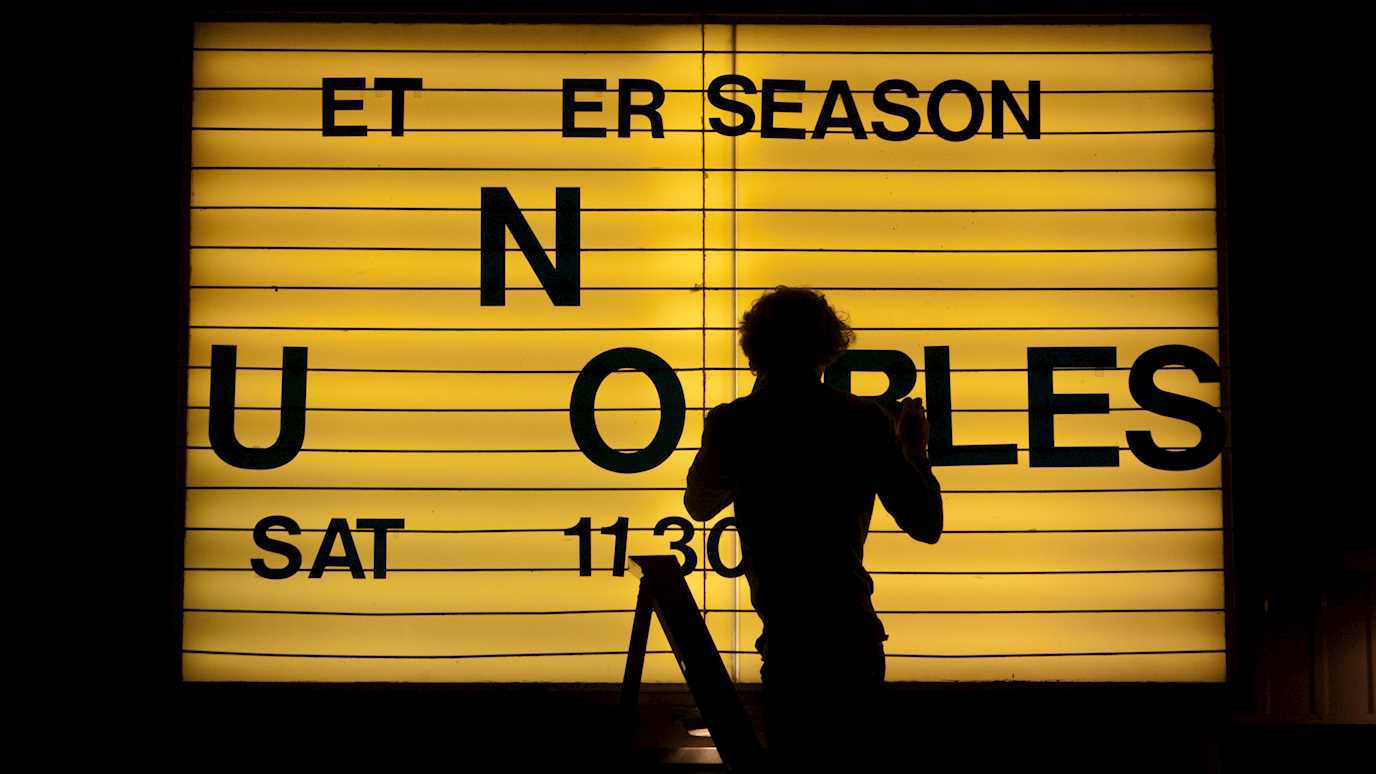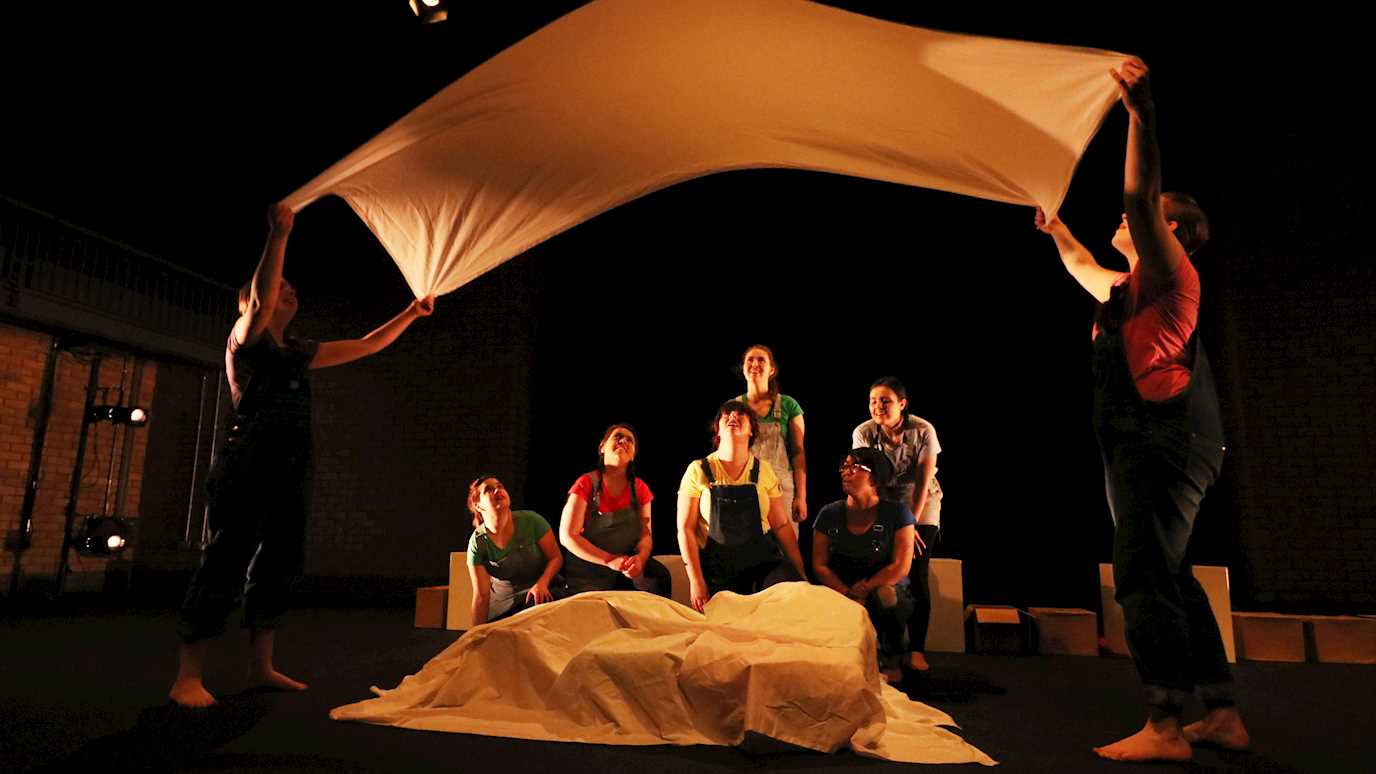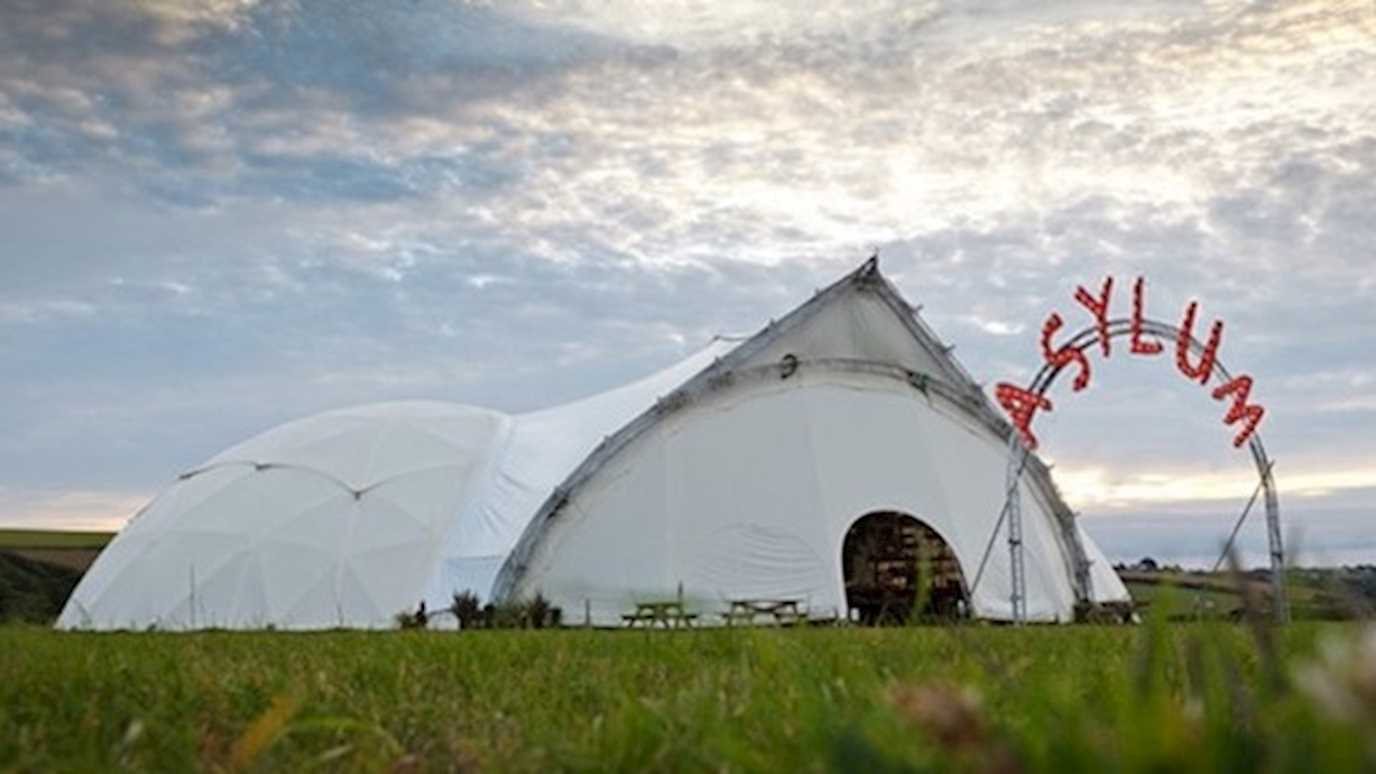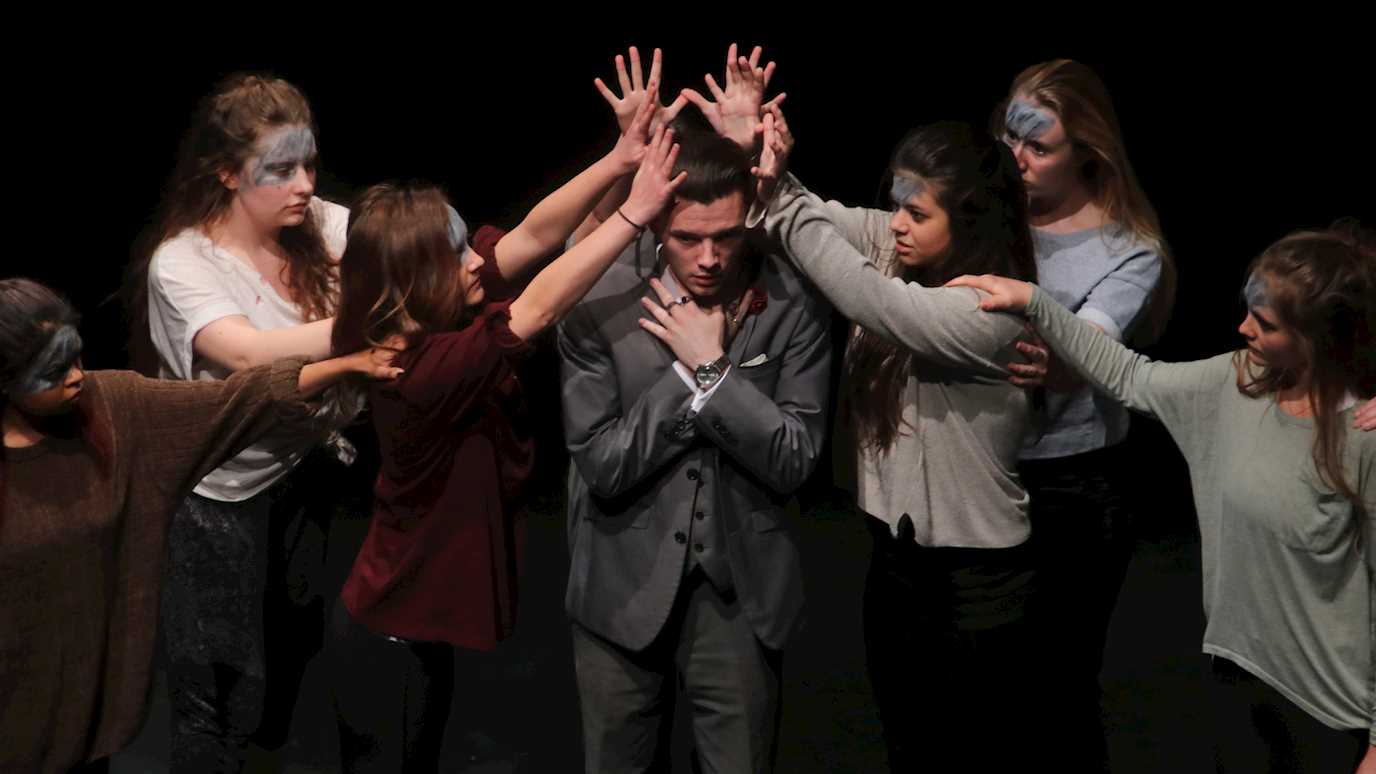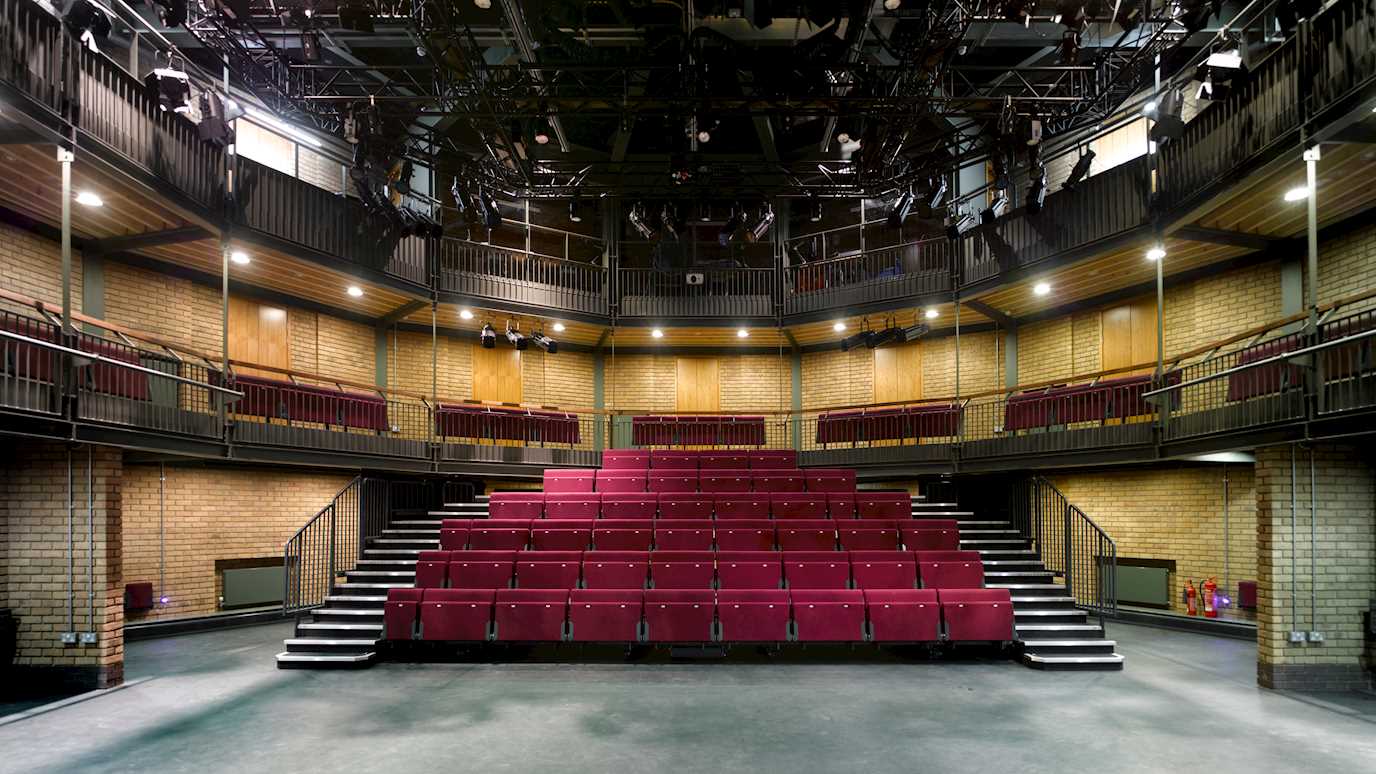Symposium: ‘On Criticism.’ Friday 23 November 2018, Royal Central School of Speech and Drama. Hosted by Platform Journal.
The cry of criticism in crisis from about ten years ago has recently gained a new momentum. In the early 2000s, writers like Noël Caroll, Rónán McDonals and James Elkins attempted to capture the climate of literary criticism. In his book What Happened to Art Criticism (2003) the critic and art historian Elkins wrote about the tension that operates between a mode of descriptive reviewing, on the one hand, and of critical evaluation on the other. He proactively claimed that ‘descriptive criticism begs the question of what criticism is by making it appear that there is no question’ (p. 42). He made this statement before the mushrooming of online publishing began to democratise the field of art criticism, while simultaneously expanding it due to the increasing numbers of art writing finding a way to being (self)published. Yet, these developments might only have increased the tension between these modes of criticism (for example, see Duška Radosavljević’s edited volume Theatre Criticism: Changing Landscapes, 2016). Simultaneously, Gavin Butt’s 2004 edited volume After Criticism: New Responses to Art and Performance (2004), which demonstrates a more performative approach to criticism, as well as the June 2018 issue of the bilingual journal Texte zur Kunst (germ./eng.) are two of the most prominent attempts in the recent period to evaluate, critique, and bring art and performance criticism closer together.
At a time when performance (art) increasingly operates inside and outside of the economies and theories of theatres and art galleries, the questions of how to critique performance becomes pressing. Drawing on Butt’s, Radosavljević’s, and Texte zur Kunst's invitations and cautions, the symposium aims to evaluate how theatre, art, and dance criticism can join forces to e/affectively critique live performances in the age of digital network publishing. The symposium, as well as the spring issue of Platform Vol. 13 No. 1, pose questions about the expectations, possibilities, and challenges that writers on theatre, dance, performance art, and art in general face today. What do academics, critics, and reviewers pay attention to when they write? With whom do they collaborate? Whom are they addressing with their writing? To what extent is their critical work financially remunerated? How does their writing achieve a balance between providing details of artistic productions and their socio-political, economic, historical, and theoretical contextualisation? And should they (rather not) make it crystal clear whether they like a performance?
We welcome paper submissions from postgraduate and early career researchers that explore or take as a point of inspiration and departure any of the following questions:
Writing as performance:
- what are the implications of performative writing in theatre, dance and performance criticism?
- what is at stake when writing is considered performance, collaboration, and/or embodied practice?
- how self-referential and/or independent can criticism be?
- what is the relationship between research and criticism?
Liveness and writing:
- what modes of writing play with the temporality of the review?
- is a review best written after the show?
- what makes a text feel live?
- should a text demonstrate its co-authoring, based on the concept of co-presence (producer-spectator)?
Writing in the age of digital media:
- how do contemporary practices of criticism influence the role of the critic as cultural ‘gatekeeper’?
- where to engage with theatre criticism (podcasts, blogs, etc.)?
- what are the pitfalls and potentialities of these new forms of audience engagement?
- what kind of public/s can these new methods reach?
- • what importance does feedback from the viewers play in these new forms?
Criticism and Interdisciplinarity
- looking back to some of the fathers of art, theatre and dance criticism (Diderot, Baudelaire, Benjamin) who easily moved back and forth between writing about all three art forms, what can these disciplines and forms of thinking and writing about art learn from one another?
- what role does theatre play? and how does it relate to performance art and dance criticism?
- to what extent are both means of criticism overlapping, within which realms are they practiced?
Criticism and Power
- what are the political and economic conditions of the labour of reviewing, and what insight into the power structures of criticism (artist-critic-reader) can be gained from their analysis? why does criticism remain dominated by critics who are white and privileged?
- is there a way for the critic to disrupt or critique these power structures through their practice?










